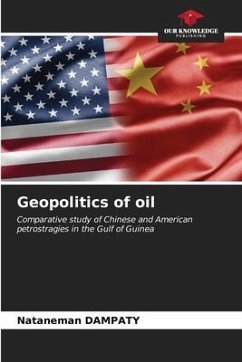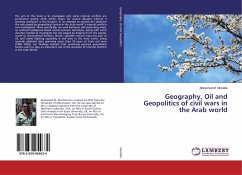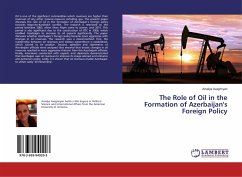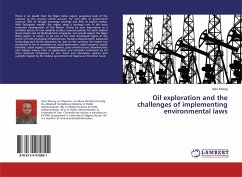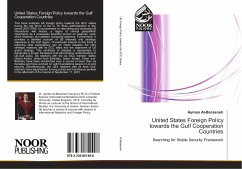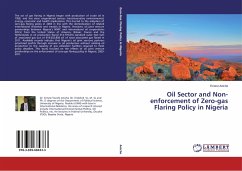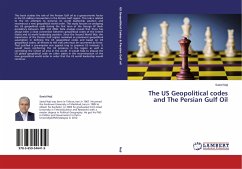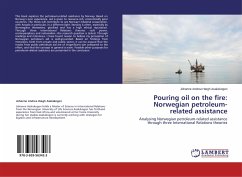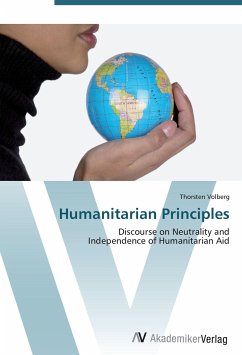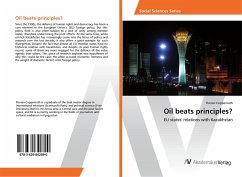
Oil beats principles?
EU states' relations with Kazakhstan
Versandkostenfrei!
Versandfertig in 6-10 Tagen
27,99 €
inkl. MwSt.

PAYBACK Punkte
14 °P sammeln!
Since the 1990s, the defence of human rights and democracy has been a core element in the European Union's (EU) foreign policy. But this policy field is also often subject to a lack of unity among member states, therefore undermining the joint efforts. At the same time, while oil-rich Kazakhstan has increasingly come into the focus of policy and research over the last decade, it also offers a good example for such divergences. Despite the fact that almost all EU member states have no historical relation with Kazakhstan, and despite its poor human rights record, some of them are more engaged fo...
Since the 1990s, the defence of human rights and democracy has been a core element in the European Union's (EU) foreign policy. But this policy field is also often subject to a lack of unity among member states, therefore undermining the joint efforts. At the same time, while oil-rich Kazakhstan has increasingly come into the focus of policy and research over the last decade, it also offers a good example for such divergences. Despite the fact that almost all EU member states have no historical relation with Kazakhstan, and despite its poor human rights record, some of them are more engaged for the defence of the value agenda than others. This piece of research explores two hypotheses of why this could be the case: the often accused economic interests and the weight of domestic factors onto foreign policy.




